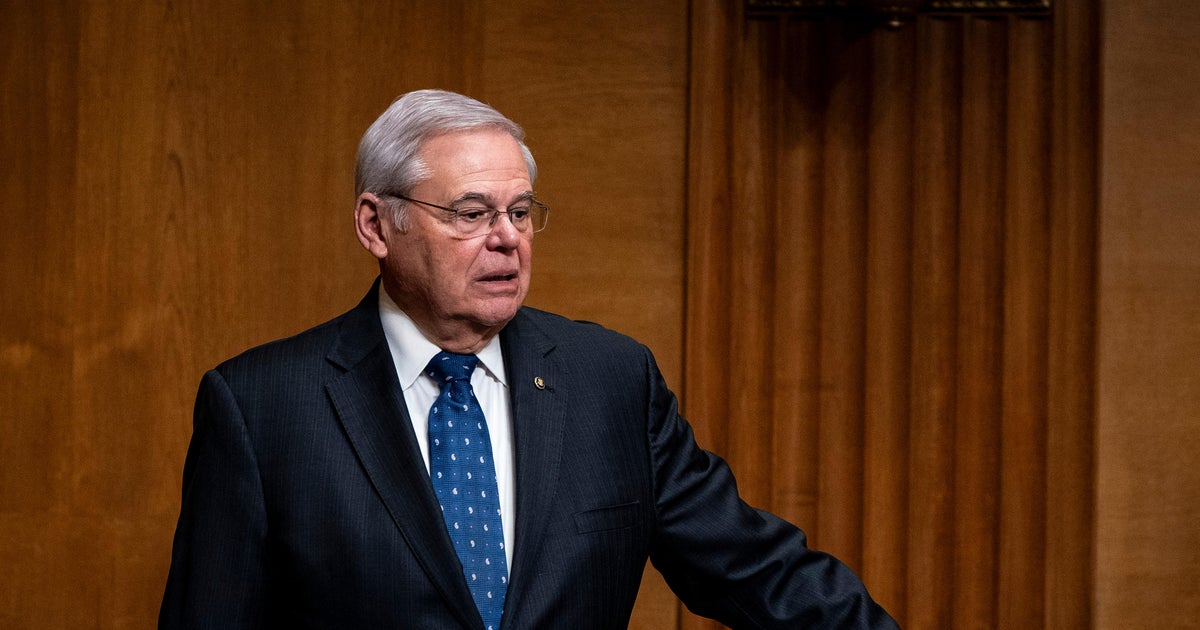What can Congress get done before midterm elections?
There are still 285 days left on the 2018 calendar, but the House will only be in session for 88 of those days and the Senate for 126 days. That might seem like plenty of time to get things done, but don't expect it to be filled with much legislating. After the $1.3 trillion spending bill being voted on this week, which includes some modest measures on tough issues like guns, there is little motivation to take further action before November's midterm elections.
That's true despite members of both parties calling for urgent action on an array of issues, reports CBS News correspondent Julianna Goldman.
"We're going to pass the STOP School Violence [Act]," House Majority Leader Kevin McCarthy said earlier this month.
"The key thing at this point is not just protecting our elections from future Russian intrusion, it's protecting our elections period," Oklahoma Sen. James Lankford said this week.
"Ban bump stocks, make it a crime to possess or manufacture them," Alabama Sen. Doug Jones said Wednesday.
"I hope we can do an infrastructure bill," said Senate Minority Leader Chuck Schumer.
But it's unlikely they'll be able to tick through their wish list before Americans go to the polls in November. All 435 House seats and one-third of the Senate will be on the ballot.
"It's harder to get bipartisan consensus these days and get those bills that everyone kind of agrees are a good idea passed because of the level of vitriol," said Michael Steel, who was spokesman for former House Speaker John Boehner.
He said whenever it passes, the spending bill will likely be the last major legislative action this year.
"Given the lack of harmony and bipartisanship in Washington these days, there aren't a lot of other opportunities for big bipartisan bills," Steel said.
The midterm elections are on the minds of many, with upwards of 50 competitive races. Democrats would need to pick up 24 seats in the House and two in the Senate to take a majority in both chambers. And despite a major victory on taxes, Republicans will face challengers who decry inaction in Washington, a sentiment echoed by Republican Sen. Susan Collins who this week warned against not moving on legislation to lower health care premiums.
"The focus is on scoring partisan, political points that can be used in the fall elections," Collins said.
Lawmakers are about to leave for a two-week recess. Typically we see this kind of slowdown until August of an election year, but the schedule is a bit of whack this year because of the way Congress has been passing short term, smaller spending bills.



